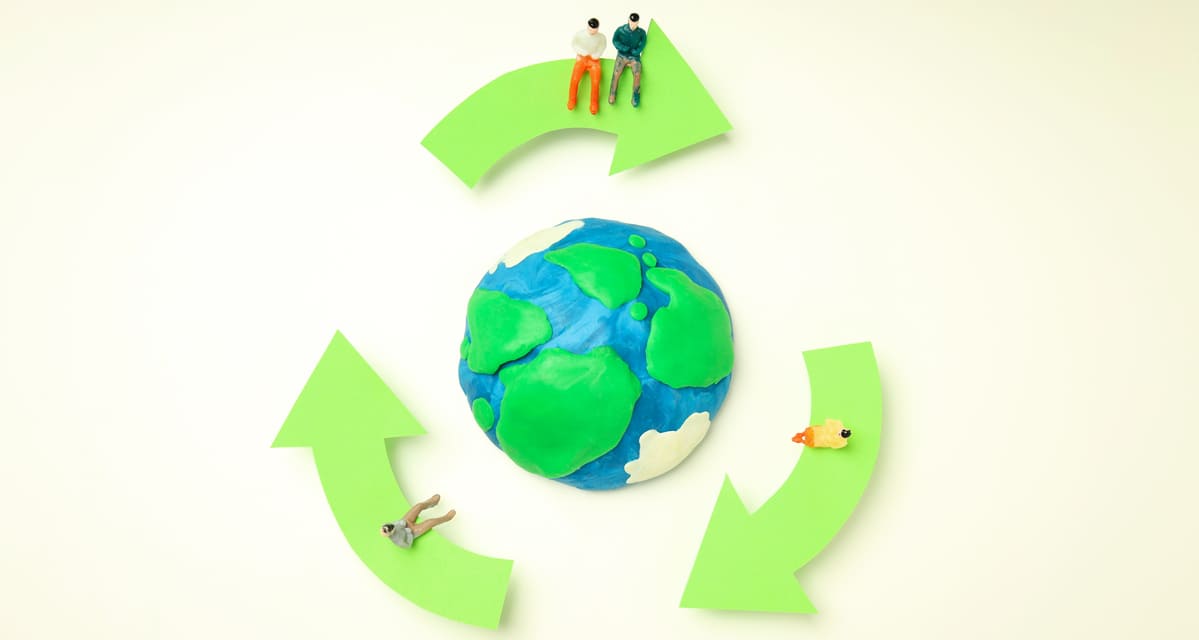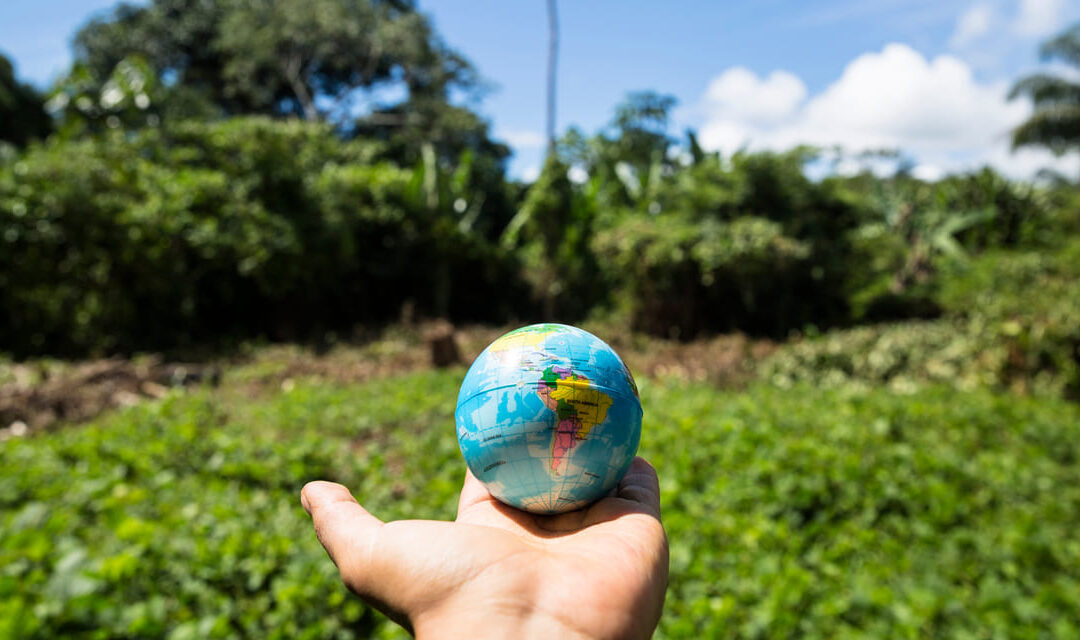Sustainability is now a necessity in all areas of our society, including, of course, the hospitality sector. Every detail counts and reducing environmental impact and optimising resources has become a priority. This includes ice, which is produced and stored on a mass scale, and therefore has a direct impact on businesses’ energy consumption (and ultimately their ecological footprint).
From ITV we are going to talk about how sustainable ice machines contribute to improving energy efficiency in hospitality, and what practices help to reduce costs without sacrificing quality.
The Importance of Energy Efficiency in Hospitality
Bars, restaurants, and hotels are some of the most energy-intensive businesses. Between cold storage, ovens, dishwashers, air conditioning, and refrigeration equipment, energy can account for up to 40% of operating costs.
Investing in efficient equipment and adopting a responsible energy culture is not only an ecological matter, but also a serious economic one for any company.
Refrigeration machinery, including ice machines, plays a key role. An obsolete model can be twice as expensive as a current model, not only because of its engine, but also because of the loss of performance and insulation over the years.
Here you can read about our commitment to a sustainable future.

Sustainable Ice Machines: Technology at the Service of Savings
In recent years, manufacturers have developed sustainable ice machines that combine innovation and environmental friendliness. These are some of the characteristics that differentiate them:
- High efficiency compressors: they reduce electricity consumption without affecting ice production.
- Environmentally friendly refrigerants (R290, CO2): natural gases with low global warming potential and no impact on the ozone layer.
- Improved thermal insulation systems: they minimise cooling losses and reduce the need for continuous production cycles.
- Recyclable design: many current models use durable materials and easily replaceable components that extend their lifetime and reduce waste.
This type of innovation not only reduces the energy consumption of ice machines but also contributes to the overall goal of decarbonisation of the hospitality industry.
Best Practices to Reduce Energy Consumption in Your Business
Not everything depends on technology. Daily routines and maintenance play a key role in saving energy. A few simple measures can make a big difference:
- Suitable location: avoid placing ice machines next to heat sources such as ovens, griddles, or dishwashers. A cooler environment improves performance.
- Efficient ventilation: leave enough space around the equipment for air to circulate properly.
- Regular cleaning and maintenance: a clean machine works less and produces purer ice. Clogged filters and dirty evaporators increase electricity costs by up to 20%.
- Responsible use of ice: adjust production to actual demand. Excessively stored ice melts and makes machines work harder.
- Smart shutdown: if the premises are closed for days at a time, switch off the machine, empty the tank and perform a complete cleaning before using it again.
These actions along with an efficient equipment can reduce the total energy consumption of the premises by 15% to 25%, improving both sustainability and profitability.
Ice is only a small part of the hospitality industry, but its energy impact is not. Incorporating efficient equipment and applying best maintenance practices is a tangible way to move towards a more sustainable hospitality industry.
Energy efficiency is no longer just a trend: it is the foundation on which future businesses are being built. And the future will undoubtedly be cooler, cleaner, and much more responsible. If you would like us to help you choose an ice machine that suits your business model, contact us here.


